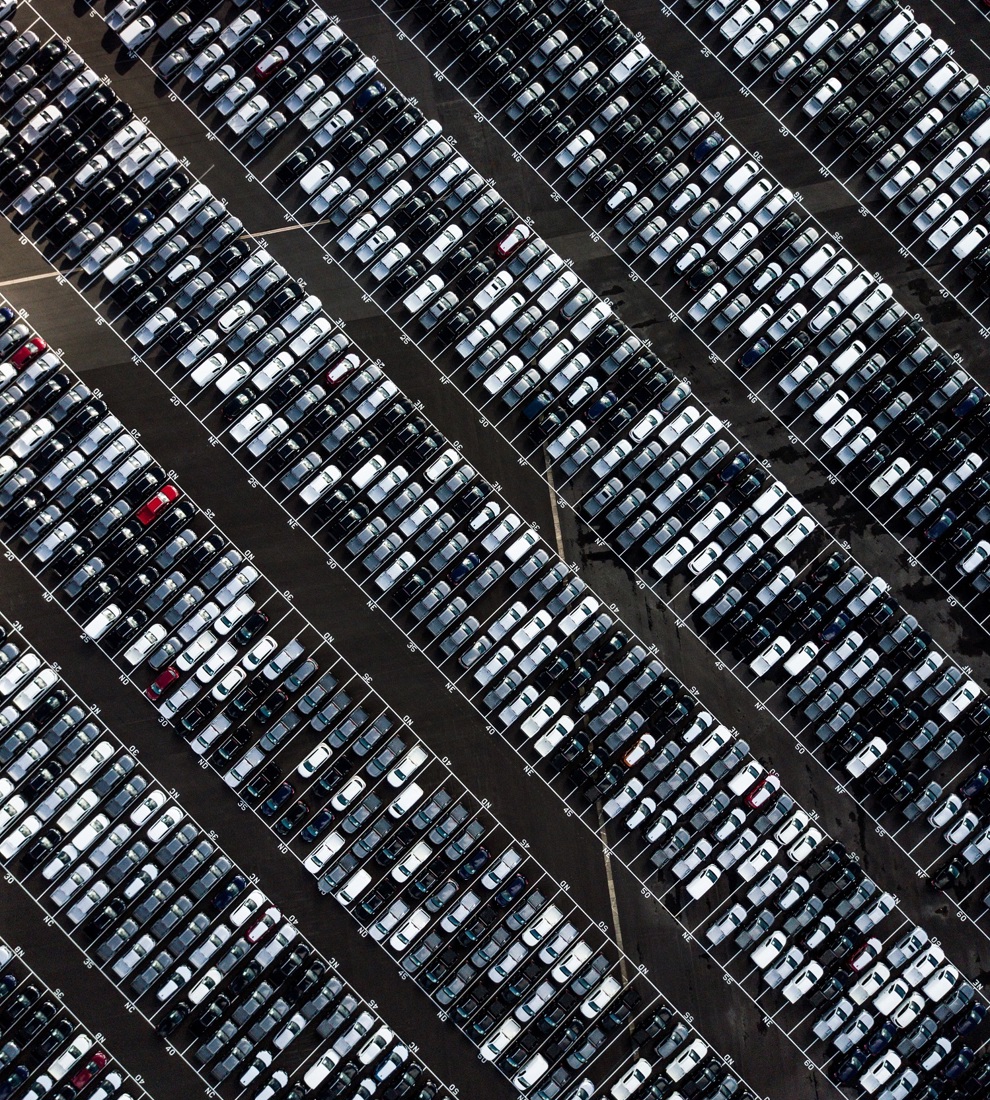Devastating floods in Australia and Pakistan; record high temperatures in the UK and California; drought across southern Europe. This year’s extreme weather events chime with the assumption that global warming is intensifying...This collection of articles takes stock of the progress being made toward net zero carbon emissions.
We have two articles looking at transport networks, one of the largest emitters of greenhouse gases. A wide range of policies are being rolled out to reduce emissions, but we fear that decarbonising the sector will be a major challenge that will require coordination among myriad stakeholders and behavioural change by millions of people. One of the UK’s schemes to spur the transition to net zero involves subsidies for electric vehicles. We analysed the initiative and found that it has helped catalyse demand for electric cars and residential chargepoints, but has enjoyed less success in building a market for electric vans.
We look at why banks are perceived as being slow to wake up to the climate crisis and map out a strategy to address decarbonisation in the long run so they are seen as part of the solution, not the problem.
Turning to telecoms, a sector of increasing importance to the broader economy, we stress the need to balance environmental sustainability against other objectives to reduce the risk of unwanted side-effects.
Critical to the development of policies to mitigate climate change will be an understanding of how the promised transformation of transport and housing will affect different pockets of the population. To that end, Frontier has built a Net Zero Distributional Model for the UK’s Committee on Climate Change that will allow policymakers to test the impact of different combinations of policies on 15 household archetypes. We trust the model will get plenty of use.
Our thoughts











